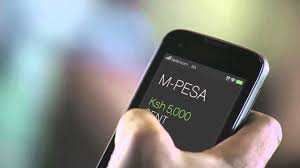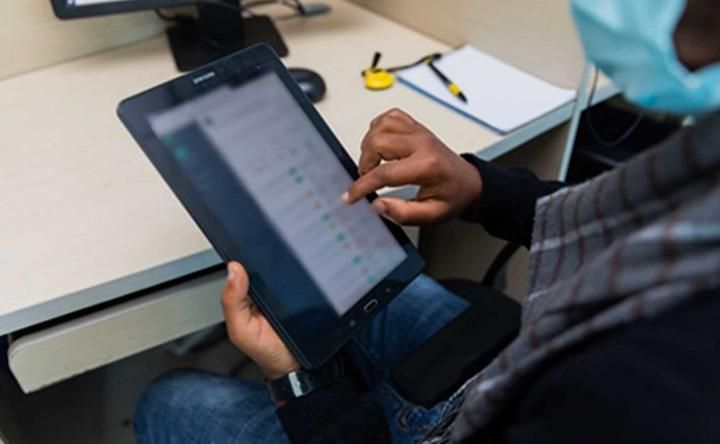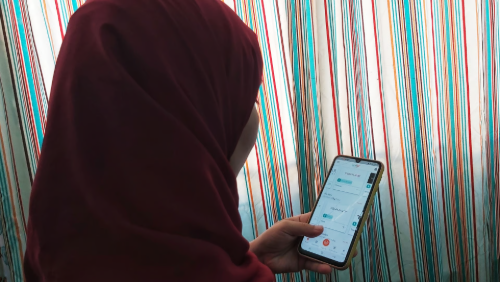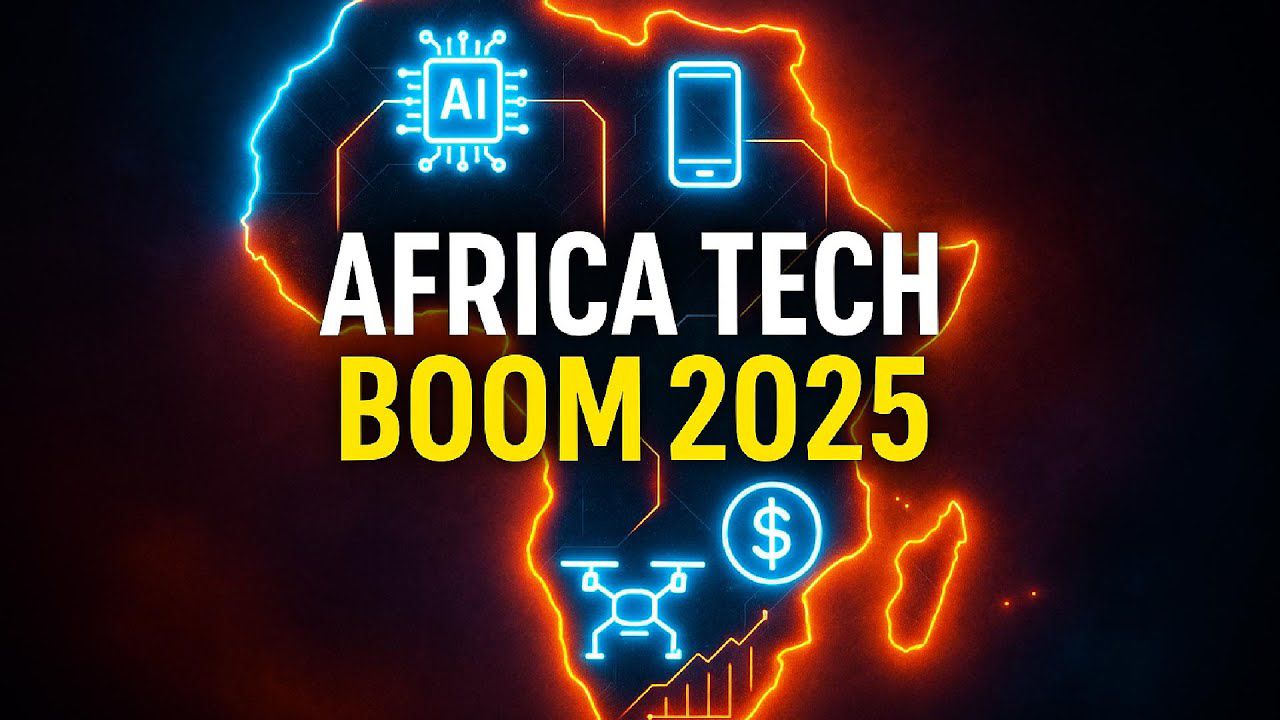Is Africa Ready for a cashless World?

Africa’s Rise as a Global Leader in Mobile Money
Across bustling city streets and remote rural villages, From informal traders tapping phones to receive payments, to farmers buying seeds with a few clicks, Africa is rewriting the rules of finance, What began as a simple solution to send money home has grown into a continental force reshaping how people work, trade, and dream.
Today, innovation flows through mobile networks and digital wallets, connecting millions once excluded from traditional banking, Africa is setting the pace, Mobile money isn’t just a tool, it’s a lifeline, a bridge, and a symbol of Africa’s growing digital confidence.
Over the past decade, Africa has turned into a world leader in mobile money, the use of phones to store, save and transfer money. Services like M-Pesa in Kenya, MTN Mobile Money in West Africa, and Airtel Money across several countries have become household names.
According to Daba Finance, By the end of 2024, there were over one billion mobile money wallets registered in Africa.
That means more than half of all mobile money accounts in the world belong to Africans. Ecofin Agency said Between 2020 and 2023, the number of mobile money users jumped by more than 50%, from 562 million to 856 million.
This isn’t just about convenience, it’s transforming how people live, trade, and save, In countries like Kenya, Tanzania, Ghana, and Rwanda, digital money has helped millions of people who didn’t have bank accounts to join the financial system, Small businesses can now receive payments instantly, even in rural areas where banks don’t exist.
Many people can now pay for groceries, electricity, school fees, and even government services using their phones. The idea of cashless living, once distant, is becoming part of daily life.

The Challenges Holding Africa Back
Even with all this progress, a fully cashless Africa remains out of reach for now, There are still serious obstacles that hold back millions of people from fully joining the digital economy, For cashless payments to work everywhere, people need electricity, internet or mobile network coverage, and affordable phones. In many rural parts of Africa, these basics are still unreliable, Power cuts are common, mobile networks can be weak, and internet data is often too expensive. Without fixing these foundations, the digital dream will remain out of reach for many.
Regulatory differences also slow progress, Each country has its own banking laws, taxes, and mobile money rules,Some governments are quick to support fintech, while others move slowly. This makes it difficult for people or businesses to send money across borders easily.
A trader in Uganda wanting to send money to Rwanda may find it costly and confusing because the systems don’t always talk to each other. Harmonising laws and creating continent-wide standards could help unlock cross-border trade and cooperation.
Then there’s the issue of trust. Cash feels real, you can hold it, count it, and spend it right away, Many Africans still prefer cash because they worry about fraud, hacking, or losing money online, Digital literacy or knowing how to use phones and apps safely, remains low in many places, especially among older people and those with less education, Women, in particular, are often left behind due to limited phone ownership or social barriers.
Costs are another obstacle, Smartphones are getting cheaper, but they’re still out of reach for millions. Many people rely on basic feature phones that only support USSD codes. Data costs are high, and transaction fees can add up quickly, especially for small payments.
Finally, cultural habits play a big role. For many Africans, cash is part of everyday life from street markets and taxis to village shops and daily wages. Some people don’t see the need to change what already works for them. Going cashless requires not just technology, but also trust and gradual behavior change and that takes time.

What It Will Take to Build a Cashless Future
A cashless Africa won’t happen overnight. It requires cooperation among governments, banks, telecoms, and people themselves.
Infrastructure and connectivity must come first. Governments and private companies need to invest in better internet access, stronger mobile networks, and reliable electricity. Affordable smartphones and data packages will help more people get online and use digital payments comfortably.
Unified regulations are also essential. Greater regional cooperation can make mobile money systems compatible across borders, lowering fees and making transactions faster. The African Continental Free Trade Area (AfCFTA) could play a key role here,if digital finance becomes one of its main priorities.
Education and trust will drive adoption. People need to understand how digital money works and how to protect themselves from fraud. Governments, banks, and fintech companies should collaborate to teach safe and simple ways to use mobile money, especially in rural communities. When people feel secure, adoption grows naturally.
Finally, inclusivity and affordability must be at the heart of progress. Lowering transaction fees, offering easy-to-use apps in local languages, and designing wallets that work offline or with basic phones can attract millions of new users. Women, youth, and small businesses should be supported through policies that promote equal access to digital tools and opportunities.
A Connected, Hybrid Future for Africa
So, is Africa ready for a completely cashless world? The honest answer is not yet. But it’s moving faster than almost any other region. Mobile money has already changed millions of lives, and new innovations are emerging every year.
The goal shouldn’t be to erase cash overnight, but to build a hybrid economy where both digital and physical money systems work side by side. As trust, access, and infrastructure improve, digital will naturally take the lead.
Africa’s journey toward a cashless future will look different across the continent. Kenya, Ghana, and South Africa are far ahead, while countries like Chad or the Central African Republic still have much ground to cover. But the direction is clear, the continent is walking toward a future where financial freedom is just a tap away.
So, as Africa races toward a more digital, connected, and inclusive financial future, one question remains:
Can technology alone change how people value and trust money or does true transformation begin with the people themselves?
You may also like...
Bundesliga's New Nigerian Star Shines: Ogundu's Explosive Augsburg Debut!

Nigerian players experienced a weekend of mixed results in the German Bundesliga's 23rd match day. Uchenna Ogundu enjoye...
Capello Unleashes Juventus' Secret Weapon Against Osimhen in UCL Showdown!

Juventus faces an uphill battle against Galatasaray in the UEFA Champions League Round of 16 second leg, needing to over...
Berlinale Shocker: 'Yellow Letters' Takes Golden Bear, 'AnyMart' Director Debuts!

The Berlin Film Festival honored
Shocking Trend: Sudan's 'Lion Cubs' – Child Soldiers Going Viral on TikTok

A joint investigation reveals that child soldiers, dubbed 'lion cubs,' have become viral sensations on TikTok and other ...
Gregory Maqoma's 'Genesis': A Powerful Artistic Call for Healing in South Africa

Gregory Maqoma's new dance-opera, "Genesis: The Beginning and End of Time," has premiered in Cape Town, offering a capti...
Massive Rivian 2026.03 Update Boosts R1 Performance and Utility!

Rivian's latest software update, 2026.03, brings substantial enhancements to its R1S SUV and R1T pickup, broadening perf...
Bitcoin's Dire 29% Drop: VanEck Signals Seller Exhaustion Amid Market Carnage!

Bitcoin has suffered a sharp 29% price drop, but a VanEck report suggests seller exhaustion and a potential market botto...
Crypto Titans Shake-Up: Ripple & Deutsche Bank Partner, XRP Dips, CZ's UAE Bitcoin Mining Role Revealed!

Deutsche Bank is set to adopt Ripple's technology for faster, cheaper cross-border payments, marking a significant insti...





